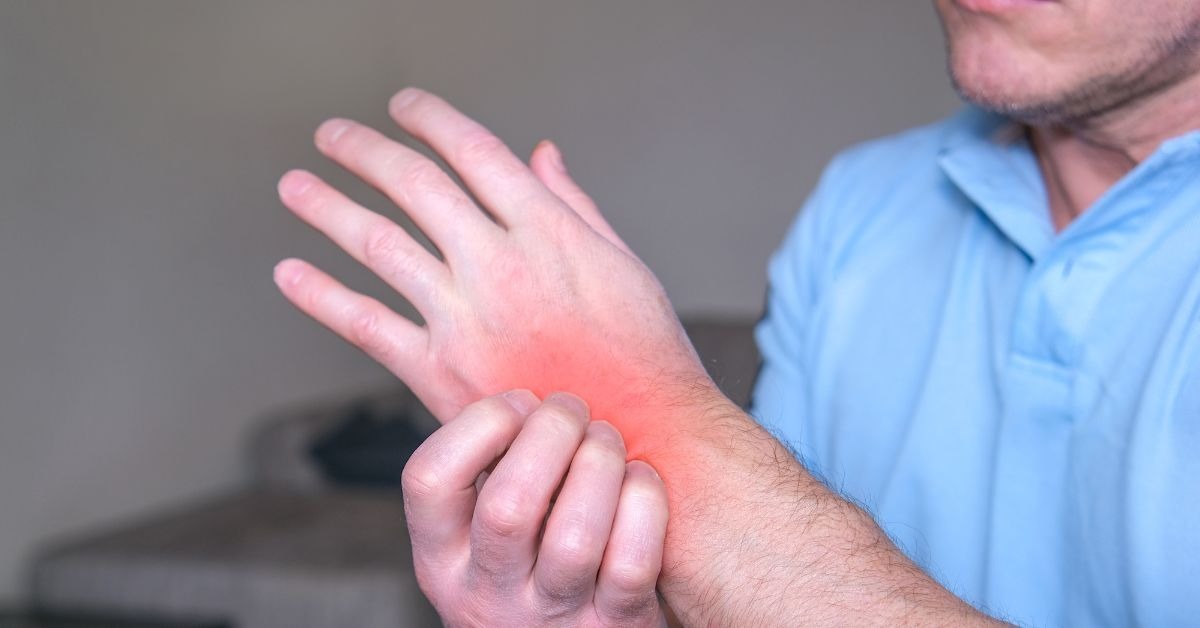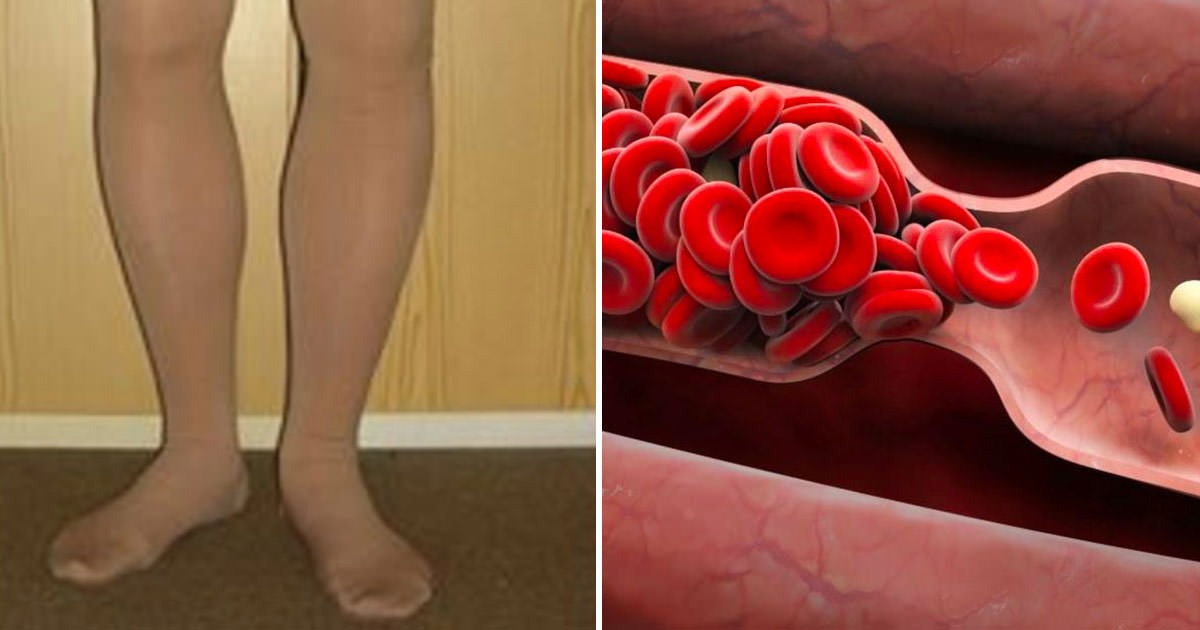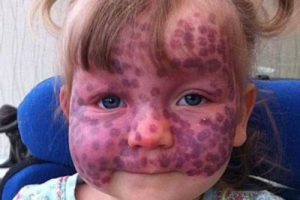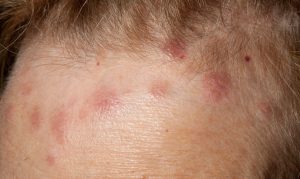SK. 10+ Early Menopause Signs You Should Not Ignore
Menopause is a natural biological transition marking the end of a woman’s reproductive years, typically occurring between the ages of 45 and 55. However, for many women, signs of hormonal changes may begin earlier during a stage known as perimenopause. Recognizing these early indicators is key to managing symptoms and maintaining overall health and well-being.
Below are over 10 early symptoms that may suggest the onset of menopause—some well-known, others less obvious. Being aware of these changes can help you take timely action and seek medical guidance when needed.
1. Irregular Periods

One of the earliest and most common signs of perimenopause is a change in menstrual patterns. Cycles may become shorter or longer, and menstrual flow can range from unusually light to unexpectedly heavy. Skipped periods are also common as ovulation becomes less consistent.
While menopause usually occurs between the ages of 42 and 58, some women experience it earlier due to genetics, medical conditions, or lifestyle factors. For instance, actress Naomi Watts has spoken publicly about entering menopause at 36, whereas others like Halle Berry experienced it in their mid-50s.
2. Frequent Urination

Fluctuating hormone levels can weaken the pelvic floor muscles and cause thinning of the bladder and urethral lining. As a result, women may notice a stronger urge to urinate, more frequent trips to the bathroom, or even mild incontinence.
These urinary symptoms are often mistaken for infections but can actually be a hormonal side effect of perimenopause.
3. Burning Mouth or Oral Discomfort

Some women experience a burning sensation in the mouth during menopause, which may also be accompanied by dry mouth, changes in taste, or increased sensitivity. This symptom is believed to be linked to decreasing estrogen levels, though it can also be associated with other health conditions or oral hygiene habits.
4. Hot Flashes and Night Sweats

Perhaps the most recognized menopause symptom, hot flashes are sudden sensations of warmth that typically affect the face, chest, and upper body. These may be followed by sweating or even chills.
Night sweats—hot flashes that occur during sleep—can significantly disrupt rest and lead to fatigue over time.
5. Mood Swings and Emotional Changes

Many women report increased irritability, anxiety, or sadness during perimenopause. These mood shifts are influenced by changing estrogen levels, which can affect neurotransmitters like serotonin and norepinephrine—chemicals in the brain that regulate mood.
In addition to hormonal changes, sleep disturbances and life stressors during midlife can also contribute to emotional challenges.
6. Trouble Sleeping

Insomnia is another common concern during the menopausal transition. You may have trouble falling asleep, experience frequent awakenings, or feel unrested even after a full night in bed.
Night sweats, hormonal fluctuations, and increased anxiety are often contributing factors.
7. Brain Fog and Memory Lapses
Cognitive changes, such as forgetfulness, difficulty focusing, and slower recall, are often referred to as “menopause brain fog.” Tasks that once felt automatic—like remembering names or finding your keys—may suddenly require more mental effort.
Though temporary, these changes can be frustrating and impact work performance or daily functioning.
8. Tingling or Crawling Skin Sensations (Formication)

Some women report unusual skin sensations, including tingling, numbness, prickling, or even a feeling like something is crawling on the skin. This phenomenon—known as formication—is linked to shifts in estrogen, which can influence nerve sensitivity.
9. Vaginal Dryness or Discomfort

A decrease in estrogen can also affect vaginal tissues, leading to dryness, irritation, or discomfort during intimacy. These changes may affect daily comfort and reduce quality of life but can often be managed with over-the-counter lubricants or prescribed treatments.
10. Decreased Libido
Shifting hormone levels can cause a decrease in sexual desire or changes in arousal. This symptom varies widely among individuals and may also be influenced by other menopause symptoms, such as fatigue or emotional changes.
11. Changes in Skin, Hair, or Nails
As hormone levels decline, you may notice drier skin, increased hair shedding, or more brittle nails. These cosmetic changes are natural but can affect confidence and may require adjustments in skincare or haircare routines.
When Should You See a Doctor?
While many symptoms of menopause are a normal part of aging, it’s important to speak to a healthcare provider if:
-
Your symptoms are severe or interfere with your daily life
-
You experience unexpected weight changes
-
Bleeding occurs after 12 consecutive months without a period
-
You’re unsure if your symptoms are related to menopause or another condition
Managing Early Menopause Symptoms
Menopause cannot be prevented, but its symptoms can be managed effectively with the right approach. Some strategies include:
-
Staying active: Regular physical activity can help reduce hot flashes, improve mood, and support heart health.
-
Balanced nutrition: Eating a well-rounded diet rich in calcium, vitamin D, and fiber supports bone and metabolic health.
-
Stress management: Mindfulness practices, therapy, or yoga can help regulate emotional changes.
-
Medical support: Hormone replacement therapy (HRT) or non-hormonal options may be recommended for symptom relief.
Final Thoughts
Perimenopause and menopause affect every woman differently. By understanding the early signs and being proactive in your care, you can navigate this transition with confidence and clarity.
If you’re experiencing any of the symptoms listed above, don’t hesitate to consult with a healthcare provider. Early guidance and proper management can greatly improve your quality of life during this important life phase.
Sources:
-
Mayo Clinic – Menopause Symptoms and Causes
-
Cleveland Clinic – Perimenopause: What It Is, Symptoms & Treatment
-
North American Menopause Society – Understanding Menopause














